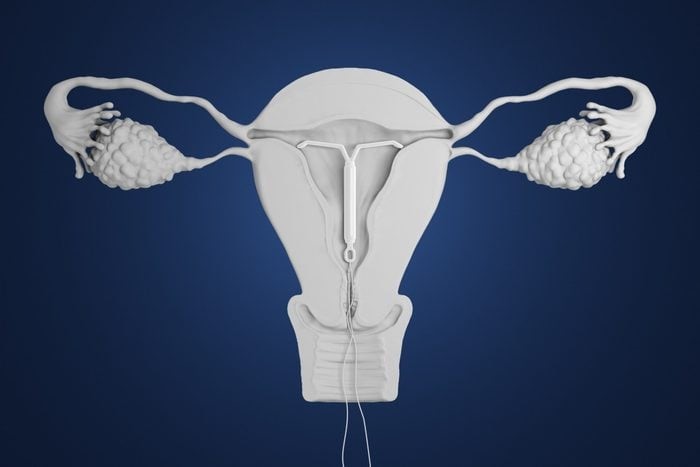IUD offers some of the most effective long-term protection from pregnancy, ranging from between three to 10 years. According to the Centers for Disease Control and Prevention, failure is less than 1%—providing far more security than the pill’s average failure rate of 7%.
Hormonal IUDs contain progesterone, a hormone that works to thicken the cervical mucus, which makes it more difficult for the sperm to fertilize the egg. The lining of the uterus also thins, helping to suppress ovulation. Depending on the type of hormonal IUD, protection typically lasts from three to six years. The Copper IUD is non hormonal and works by interfering with the sperms viability and ability to migrate and could last up to 10 years. Therefore, convenience is one of the biggest advantages of utilizing an IUD.
There is no age cut-off for the IUD, so the IUD is suitable for women up to menopause age, when contraception is no longer required. The decision to select which one to use will depend on different factors to consider. In women that have a heavy menstrual cycle hormonal IUDs are one way to help decrease the length, flow, and associated pain of the cycle. Non hormonal methods such as a copper IUD have a tendency to make the menstrual cycle heavier which is the primary reason of discontinuation from the patient. The hormonal IUD method confers a lower hormone level than other methods like the pill, and some women can experience side effects like headaches, nausea, breast tenderness, mood changes, and ovarian cyst formation. However, patients report milder side effects due to the lower level of hormones that’s localized in the uterus.
Ref:
https://www.cdc.gov/reproductivehealth/contraception/index.htm" 